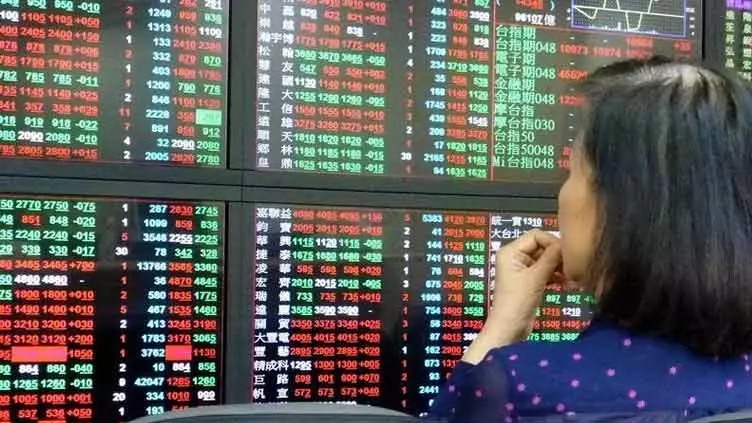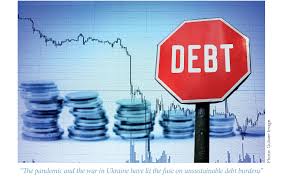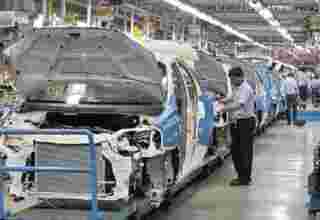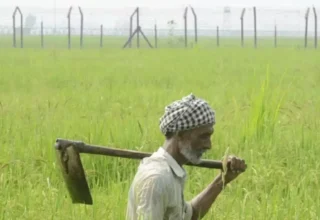
SYDNEY, Aug 23(ABC): Asian shares were down for a sixth straight session on Tuesday after a renewed spike in European energy prices stoked fears of recession and pushed bond yields higher, while tipping the euro to 20-year lows.
Benchmark gas prices in the European Union surged 13% overnight to a record peak, having doubled in just a month to be 14 times higher than the average of the past decade.
Analysts at Citi warned inflation in Britain could top 18% if energy prices were not restrained.
European and British manufacturing surveys due later on Tuesday were expected to highlight the damage being done to activity, with Germany seen deeper in contractionary territory.
“Europe’s dire energy situation suggests the peak of inflation is not here yet and the risk remains that high inflation is sticky for longer without further aggressive central bank action,” said Tapas Strickland, a director of economics at NAB.
“No surprise then to see the USD at near multi-decade highs against a falling EUR and GBP.”
The single currency was struggling at $0.9937 , having dropped 1% to a 20-year trough of $0.99265. The break of the July low at $0.9952 was taken as a bearish sign for a further push lower, with little in the way of chart support left.
Sterling was down at $1.1766 , after diving as deep as $1.1743 and levels last seen in March 2020 at the start of the pandemic. That saw the dollar index up to 108.870 and within a whisker of its July peak.
In Asia, unease over China’s economy continued to percolate as a cut in lending rates and talk of a fresh round of official loans to property developers underlined stresses in the sector.
“It would be bad enough for Chinese equities if the economy’s struggles were confined to the property sector,” said Oliver Allen a market economist at Capital Economics.
“But growth in the services sector seems unlikely to accelerate by much so long as China’s zero-COVID policies remain in place; the pandemic-linked export boom is coming to an end; and power shortages due to droughts in parts of the country look set to hobble industry in the near term.”

























